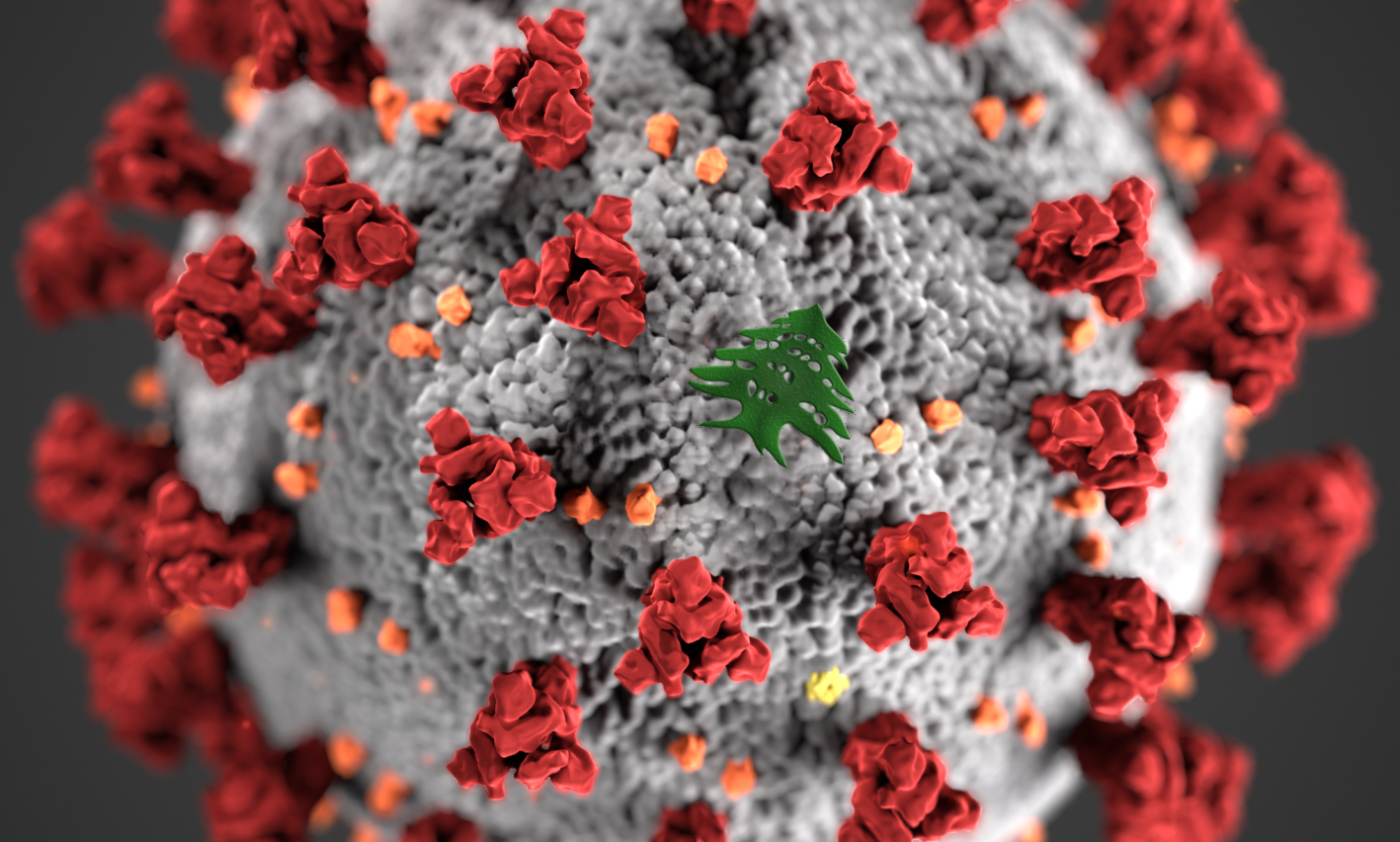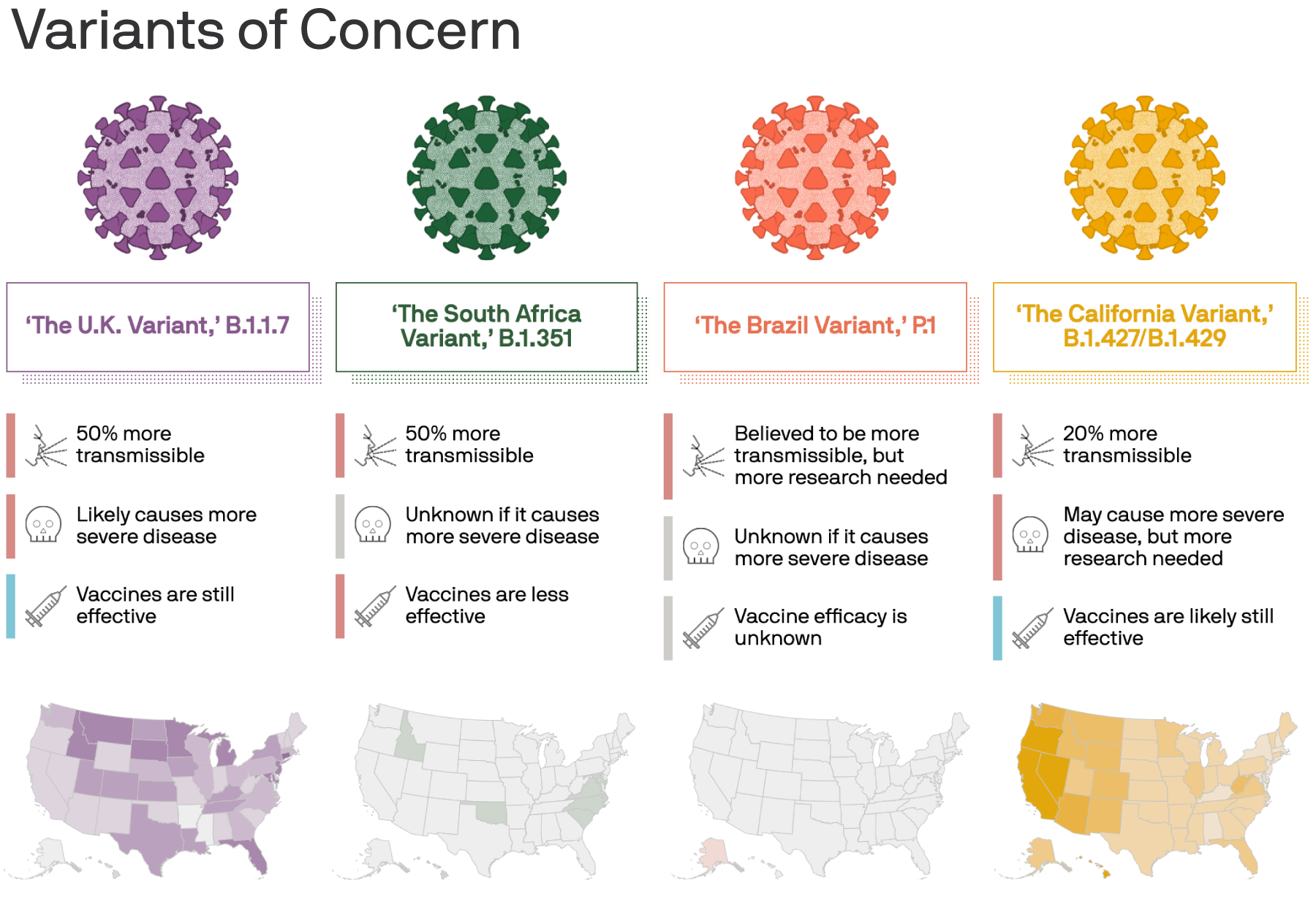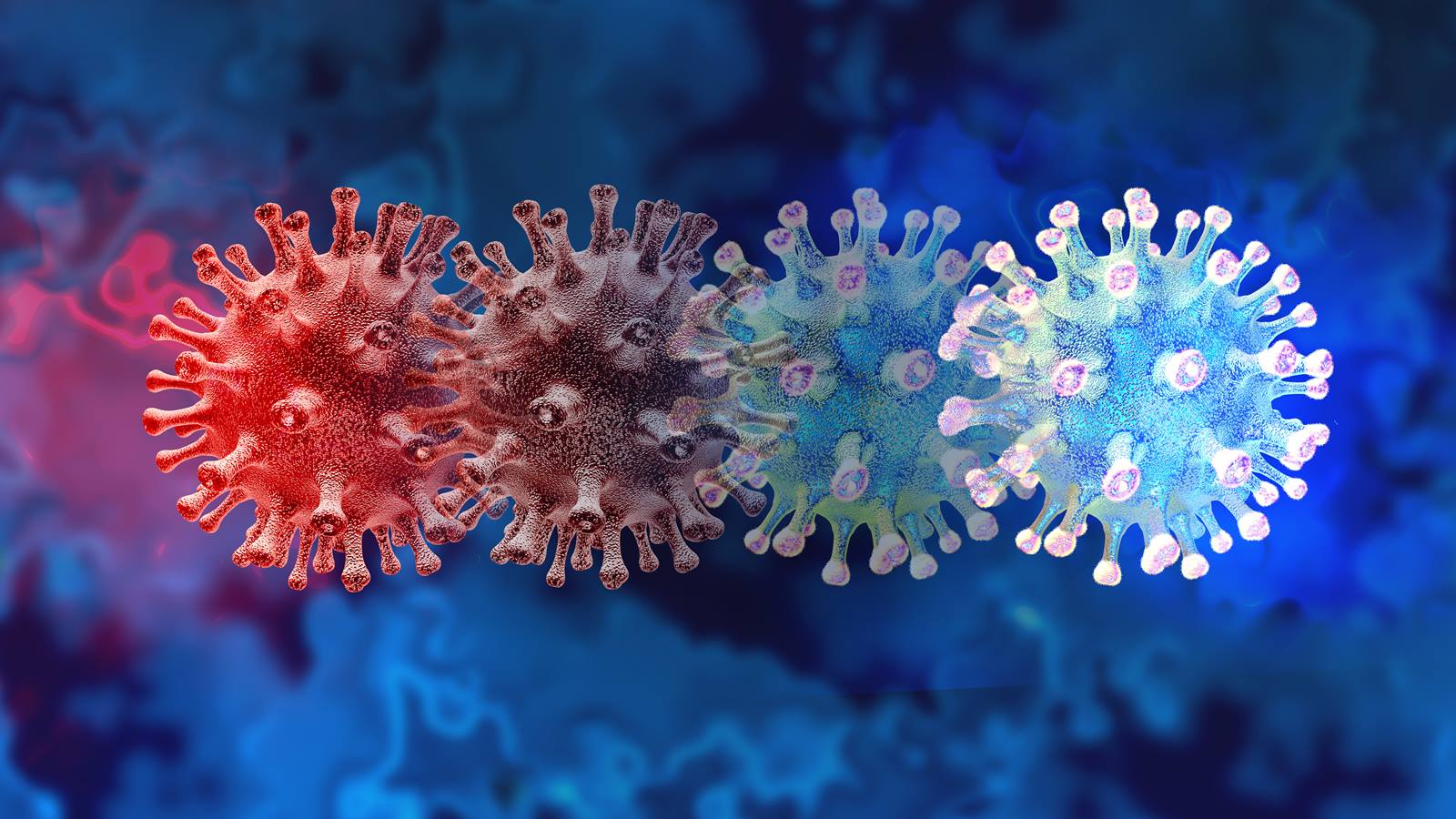Current Global Spread and Impact

COVID variants have spread rapidly across the globe, leading to significant variations in infection rates, hospitalizations, and mortality. The emergence of highly transmissible and potentially more severe variants has raised concerns about the effectiveness of current vaccines and public health measures.
The world continues to grapple with the challenges of the Covid-19 pandemic, with new variants emerging and posing threats to public health. Amidst these concerns, football fans eagerly anticipate the Euro 2024 tournament, scheduled to take place in Germany. However, the ongoing pandemic serves as a reminder that the fight against Covid-19 remains a pressing issue, requiring continued vigilance and adherence to safety measures.
Geographical Distribution and Potential for Further Spread, Covid variant
Variants have emerged in different regions of the world, with some showing a more dominant presence in certain areas. The Alpha variant, first identified in the United Kingdom, has been detected in over 180 countries and is now the dominant strain in many parts of Europe and North America. The Beta variant, first identified in South Africa, has spread to over 100 countries and is particularly prevalent in southern Africa. The Gamma variant, first identified in Brazil, has spread to over 80 countries and is dominant in South America. The Delta variant, first identified in India, has become the dominant strain globally and is responsible for the majority of new infections in many countries.
As the COVID-19 variant continues to spread, it’s more important than ever to take precautions to stay safe. One way to do this is to travel less. However, if you must travel, there are a few things you can do to reduce your risk of exposure.
One option is to take advantage of the Southwest Airlines birthday sale. Southwest is offering discounts on flights for a limited time, so you can save money while still traveling safely. Remember to follow all CDC guidelines to minimize your risk of contracting the virus.
The geographical distribution of variants is influenced by factors such as travel patterns, population density, and public health measures. Variants with higher transmissibility have a greater potential for spread, and their emergence can lead to sudden surges in infections and strain on healthcare systems.
Ongoing surveillance and genomic sequencing are crucial for tracking the spread of variants and identifying potential threats. Public health measures, such as travel restrictions, quarantine, and social distancing, can help to slow the spread of variants and mitigate their impact.
Scientific Understanding and Evolution

The emergence of COVID variants has been a major challenge in the global response to the pandemic. These variants have different genetic characteristics and can exhibit varying degrees of transmissibility, virulence, and immune evasion. Understanding the genetic mechanisms behind the emergence of variants and their unique characteristics is crucial for developing effective strategies to control the spread of the virus and mitigate its impact.
The genetic material of SARS-CoV-2, the virus that causes COVID-19, is RNA. RNA viruses are prone to mutations, which can occur during replication. These mutations can lead to changes in the amino acid sequence of viral proteins, including the spike protein that is responsible for binding to human cells.
Types of Variants
Variants are classified based on their genetic characteristics and their potential impact on public health. The World Health Organization (WHO) has established a system for classifying variants into three categories:
- Variants of Concern (VOCs): These variants have been shown to be more transmissible, virulent, or able to evade immune responses than the original strain of the virus.
- Variants of Interest (VOIs): These variants have genetic changes that are suspected to affect their transmissibility, virulence, or immune evasion, but more research is needed to confirm their impact.
- Variants Under Monitoring (VUMs): These variants have genetic changes that are being monitored to assess their potential impact on public health.
Role of Natural Selection and Viral Adaptation
The emergence and evolution of COVID variants are driven by natural selection. Variants that are more transmissible or virulent have a higher chance of being passed on to new hosts and replicating successfully. Over time, these variants can become more prevalent in the population.
Viral adaptation is another important factor in the evolution of variants. As the virus replicates in different hosts, it can acquire mutations that allow it to better adapt to the host’s immune system or to specific environmental conditions. This can lead to the emergence of variants that are more resistant to vaccines or treatments.
Public Health Response and Mitigation Strategies: Covid Variant

To combat the ongoing threat of COVID-19 variants, public health agencies worldwide have implemented various strategies. These measures aim to mitigate the spread of the virus, reduce its severity, and protect vulnerable populations.
Effectiveness of Existing Vaccines
Existing vaccines have played a crucial role in reducing the impact of COVID-19. While their effectiveness against different variants may vary, they have generally been shown to provide significant protection against severe illness, hospitalization, and death. However, some variants have shown reduced susceptibility to certain vaccines, highlighting the need for continued research and development.
Booster Shots and Variant-Specific Vaccines
To enhance protection against emerging variants, booster shots have been introduced. These additional doses help boost immunity and extend the duration of vaccine effectiveness. Additionally, variant-specific vaccines are being developed to target specific mutations that confer resistance to existing vaccines.
Non-Pharmaceutical Interventions
Non-pharmaceutical interventions (NPIs) remain essential in mitigating the spread of COVID-19 variants. These measures include:
- Masking: Wearing masks helps reduce the transmission of respiratory droplets, thereby limiting the spread of the virus.
- Social Distancing: Maintaining physical distance from others helps reduce the risk of exposure to the virus.
- Contact Tracing: Identifying and isolating individuals who have come into contact with infected persons helps contain the spread of the virus.
The emergence of new COVID variants has raised concerns globally. Even in the midst of international sporting events like the USA vs Colombia soccer match, the threat of the virus remains prevalent. The highly transmissible nature of these variants underscores the importance of continued vigilance in adhering to health protocols.
With the ongoing threat of COVID-19 variants, many are facing financial hardship. To provide relief, a proposal for a $600 increase in Social Security Disability Insurance (SSDI) payments is being considered. Click here to learn more about the proposed increase.
While this increase would provide much-needed support, it’s crucial to remain vigilant against the spread of COVID-19 variants.
The recent surge in COVID variants has raised concerns about the adequacy of our social safety net. While the government has taken steps to provide some relief, such as the social security $600 increase ssdi , more needs to be done to ensure that those who are most vulnerable are not left behind.
The pandemic has exacerbated existing inequalities, and it is essential that we work together to create a more just and equitable society.